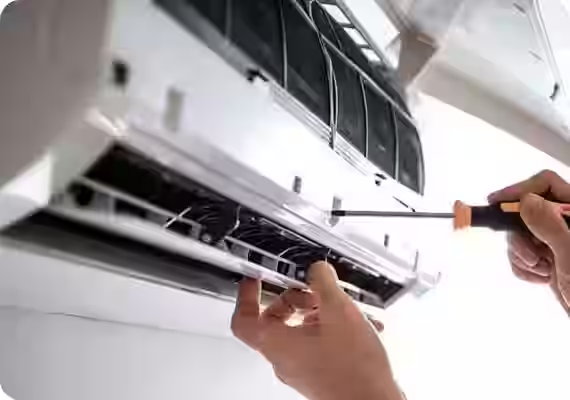When your air conditioner starts acting up, you have two options – repair or replace it. Your AC is essential for keeping your home comfortable, especially during hot seasons. But how do you know if it’s worth fixing or if it’s time for a new one?
Well, asking the right questions can help you make a smart decision. Factors like the age of your system, repair costs, energy efficiency, and overall performance can help you determine if you should repair the unit or get a new one. If you are unable to decide on your own, you can take the help of the best air conditioning repair and replacement near you in Phoenix, AZ.
- How Old Is Your AC System?
In general, air conditioners last about 15-20 years. But in places, where the unit faces humidity, sulfur, and saltwater exposure, the average lifespan may drop to 10-12 years. Additionally, the maintenance and the quality of installation also affect the longevity of your AC.
- Is Your System Well-Maintained?
With regular maintenance like clearing debris, changing filters, and scheduling yearly tune-ups, you can help your AC run efficiently and last longer. However, neglecting the importance of maintenance can lead to expensive problems and also shorten the lifespan of your system.
- How Much Will Repairs Cost?
If the repair is minor like clearing a clogged drain, it might not be worth replacing your unit. But if your system is over 10 years old and the repair costs are nearly half the unit’s value, you should consider getting a new unit. Also, if your unit breaks down frequently, it is a sign that it needs replacement.
- How efficient is Your AC?
An AC’s efficiency is measured by its SEER rating. Higher ratings mean better energy savings and vice versa. It is always a good idea to upgrade your older unit to a more efficient model. By doing so, you can save up to 40% or more on cooling costs.
Deciding whether to repair or replace your air conditioner is an important choice that affects your energy bills, and long-term savings. By asking the questions outlined in the post, you can make a well-informed decision.



